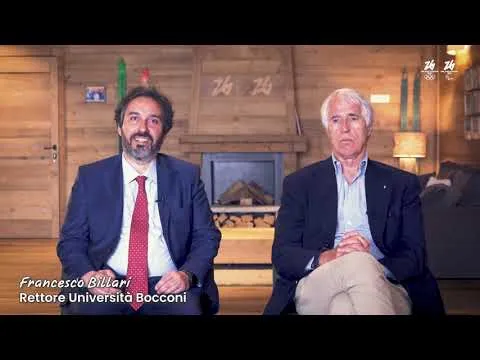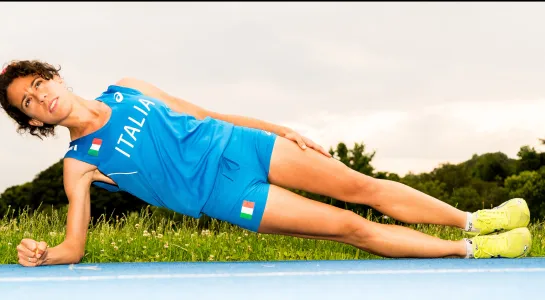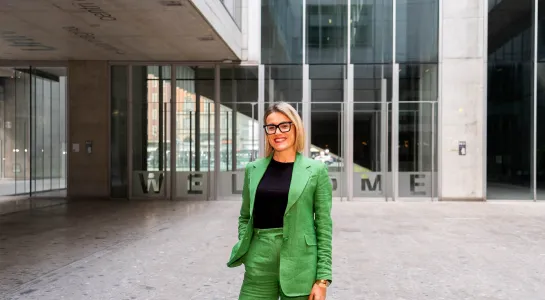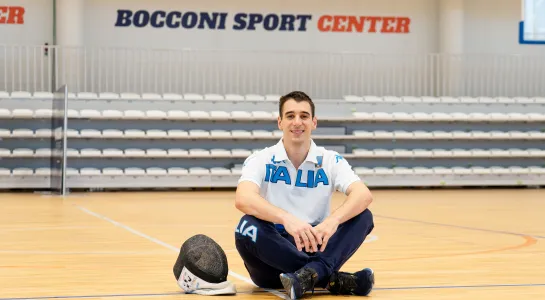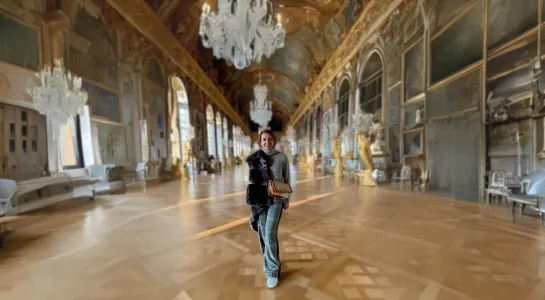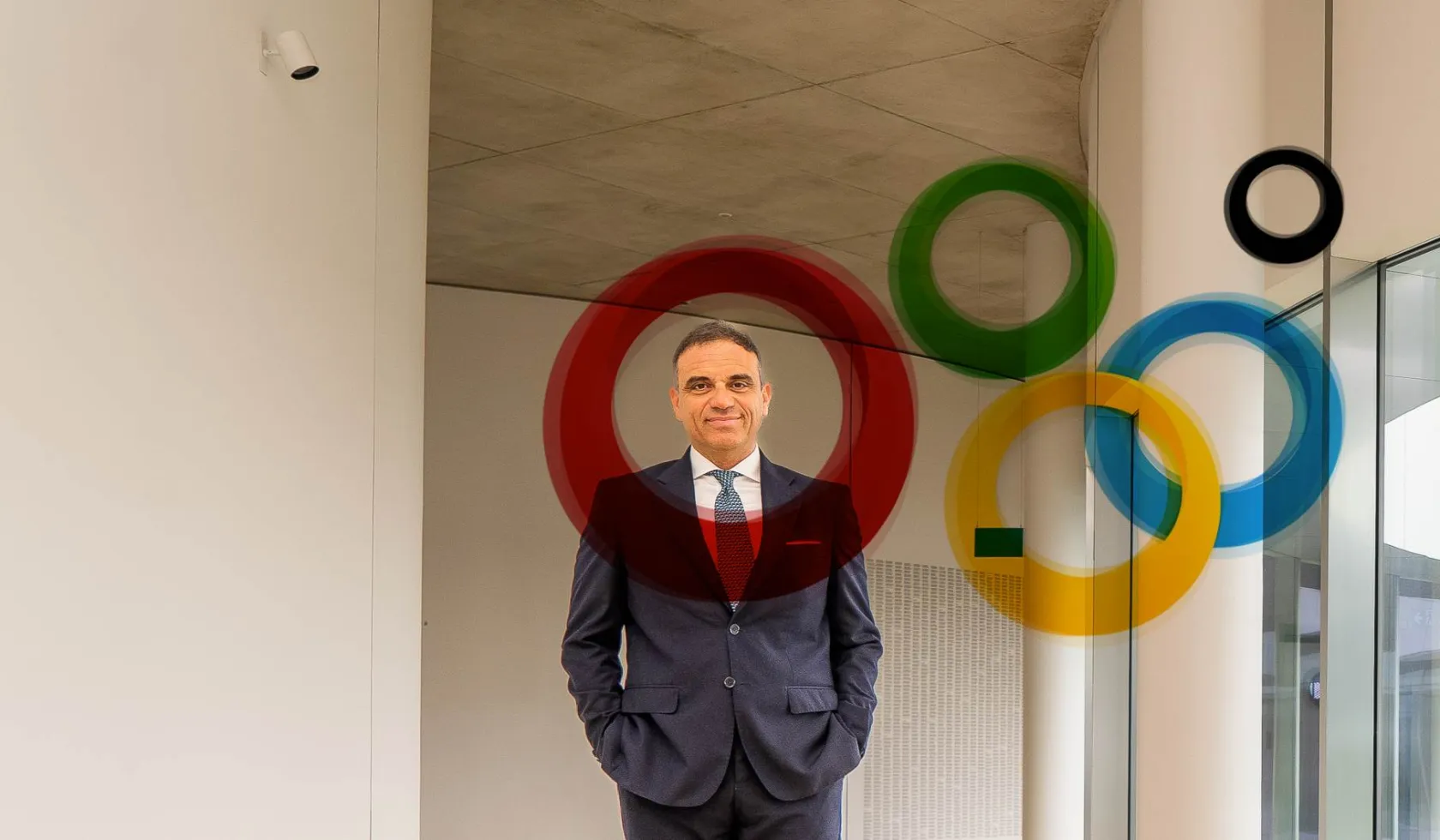
The Social Value of the Olympic Games
On April 26, the flame of the Games of the XXXIII Olympiad left Athens for Paris carried by the hands of countless torchbearers.
The Olympic and Paralympic Games, with over 200 nations involved, are by definition the largest sporting event of the world, capable of attracting millions of visitors and uniting all time zones in front of the screen. After the addition of "Together" to the Olympic motto, which has been "Faster, Higher, Stronger - Together" since Tokyo 2020, Paris 2024 joins the history of the Olympics a century after Paris 1924, and that the IOC (International Olympic Committee), for which these Games are a real turning point: they will be the first post-Covid19 Olympics and also for this reason they have as objective to look out to the future and look after new generations.
329 sporting competitions in 32 different sport disciplines, including breaking which will be added to surfing, sport climbing and skateboarding already introduced at the Tokyo 2020 Olympics, in order to bring the values of the Games closer to young people and their language. There will be 10,500 athletes involved, and for the first time in Olympic history there will be complete equality between women and men. Competitions will take place in 35 different venues, involving approximately 40,000 security personnel and 45,000 volunteers to ensure the correct running of each day of competition.
The estimates forecast around 15 million visitors (of which 2 million from abroad) for the entire period, for a total of 10 million tickets sold, an increase of 40% compared to the last pre-covid Olympics, Rio 2016.
Paris 2024 will also go down in history as the first Paralympics to be live-broadcasted in their entirety, for all the 22 sports featured in the program. At Tokyo 2020 only 19 paralympic sports were broadcasted live, while at Rio 2016 only 15.
A value platform in step with the times
As it has been clear since the planning phase, this edition of the Games aims first of all to align itself with the main trends in society and the economy concerning issues of sustainability, gender equality, inclusion, attention to the involvement of new generations, and in general a positive long-term legacy in the language of the IOC.
Paris 2024 aims to set new environmental standards for the Summer Olympics and Paralympics. For this reason, it has developed a unique sustainability and legacy strategy, fully aligned with the United Nations Sustainable Development Goals (SDGs) and supported by WWF France, the Yunus Center and UNICEF France. It is also the first edition to adopt the OECD recommendations regarding the measurement of the local socio-economic impact of global events, in alignment with SDGs, with the aim of implementing standards that can then be adopted by organizing committees of subsequent Games.
This demonstrates how an ancient event so rooted in tradition has the potential - and the duty in some ways - to be a truly universal platform that can spread and amplify positive messages that feel current. Paris focuses its legacy on two main pillars: creating more responsible Games, which respect climate constraints, favor a circular economy and the economic and social development of the host territories; building the social and environmental legacy of the Paris 2024 Games, putting sports at the service of the individual, society and the planet.
The opening ceremony of the Olympic Games deserves particular attention, as it remains the most followed event in the world - we are talking about an audience of around 3 billion people for Rio 2016 - and represents the concept of union between the peoples of the world. An even more symbolic moment if you think about the conflicts we are experiencing today. Also for this reason, the innovative and surprising idea of holding the ceremony on the banks of the Seine is still subject of discussion due to the fear of possible acts of violence.
In fact, exactly as when they were born, the Olympic and Paralympic Games continue to represent a moment of peace and union around three macro values: excellence, respect and friendship. A moment when sport is able to stop conflict between peoples, and place where the Olympic flame represents a symbol of peace and fair competition aimed at awarding athletes who strive for victory by challenging each other.
The Milano Cortina 2026 Winter Games
Going in the same direction, Italy is preparing to host the Milano Cortina Winter Olympics and Paralympics of 2026. These are the first Games to have implemented the IOC New Norm (2018) right from the bidding phase, with the aim of reducing costs for cities by providing support to the National Olympic Committees and greater flexibility in developing concepts for the Olympic Games. An open dialogue with host cities, however host countries must undergo more comprehensive assessments of the Games’ legacy in all the facets of the lifecycle of the event. Furthermore, Milano Cortina 2026 follows the indications of Agenda 2020+5, i.e. guidelines that indicate how sport and the values of Olympism can play a key role in transforming challenges into opportunities.
Although much has been written on the topic of budgets, infrastructure and investments, the Games represent a unique opportunity for organizers to align with international standards both in terms of facilities and in terms of skills and processes. These are assets - tangible and intangible - which then determine economic and social returns in the medium and long term, as a result of the work carried out under the supervision of the IOC, which constitutes a benchmark for the organization of sustainable events. For example, Milano Cortina 2026 is working on the following 5 areas for the sustainability and legacy of the Games: climate change and natural ecosystems; circular economy; well-being and a more physically active life for all; human rights, gender equality, inclusion and accessibility; sustainable local economic development.
The world - more than ever in this historical moment - needs the Olympic and Paralympic Games as a vector for transmitting and amplifying positive values and teachings for society, in line with the IOC's mission of contributing to a better world through sports.
The Games have a unique recognizability in the world, thanks to the universal symbolism of the five rings and the magic of the Olympic torch and flame, which them capable of acting as a platform for transformation, where in addition to the medals on the podium, legacy projects matter, together with the positive impact that the Olympic movement can bring to the host territories and the nations that take part in the Games, in an Olympic and Paralympic spirit.
Bocconi e Fondazione Milano Cortina 2026 insieme per formare i leader dei grandi eventi del futuro
